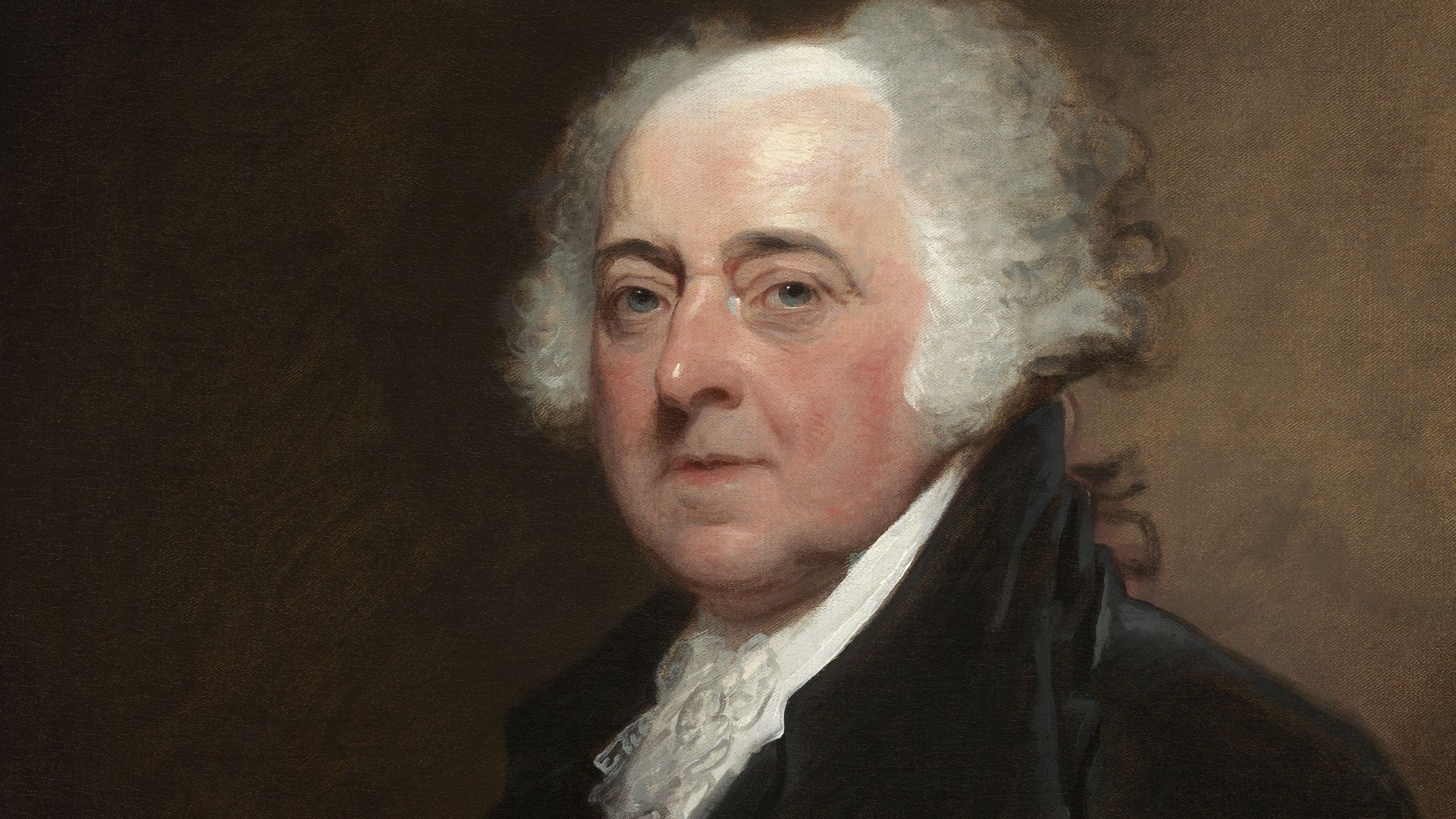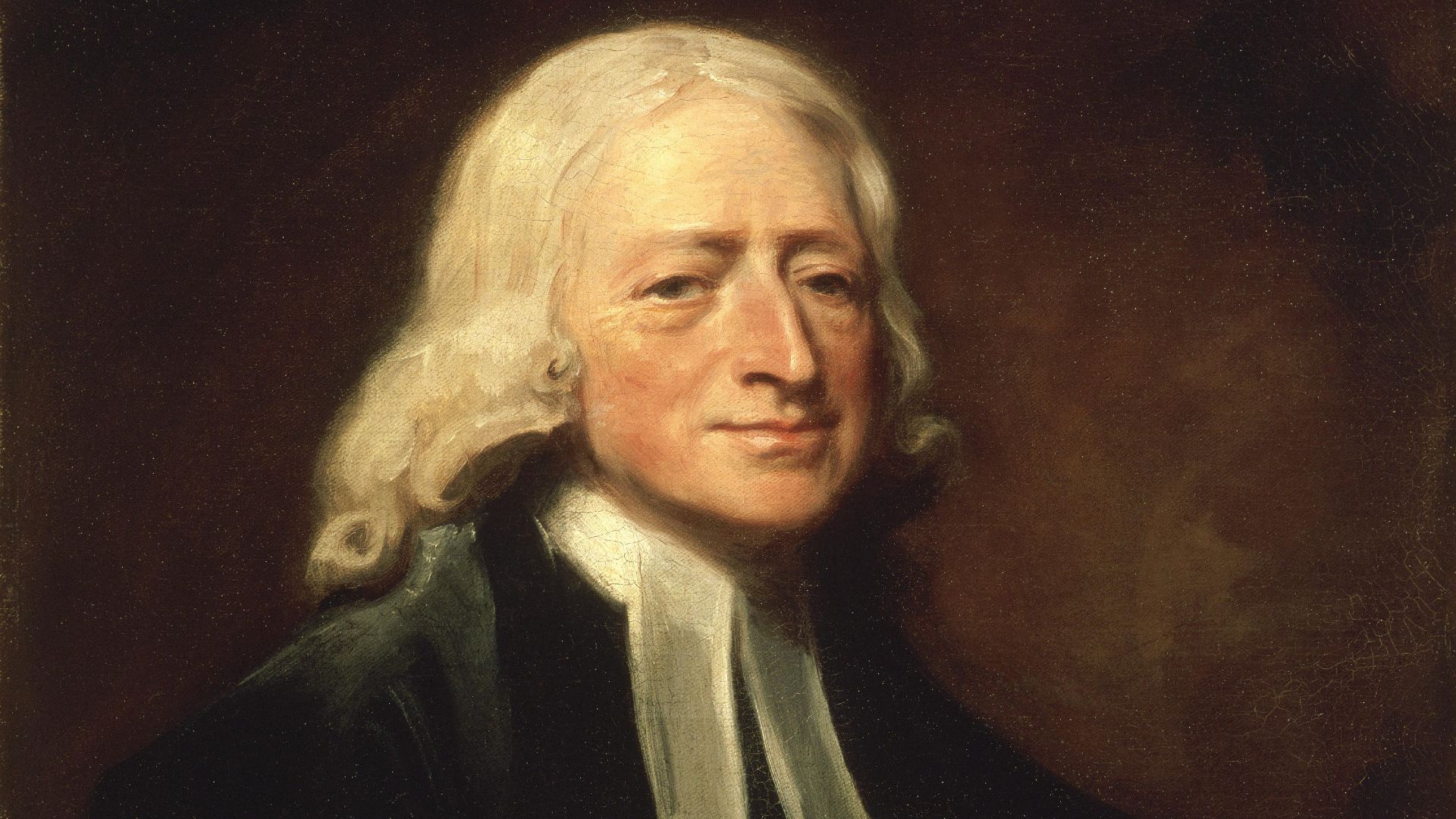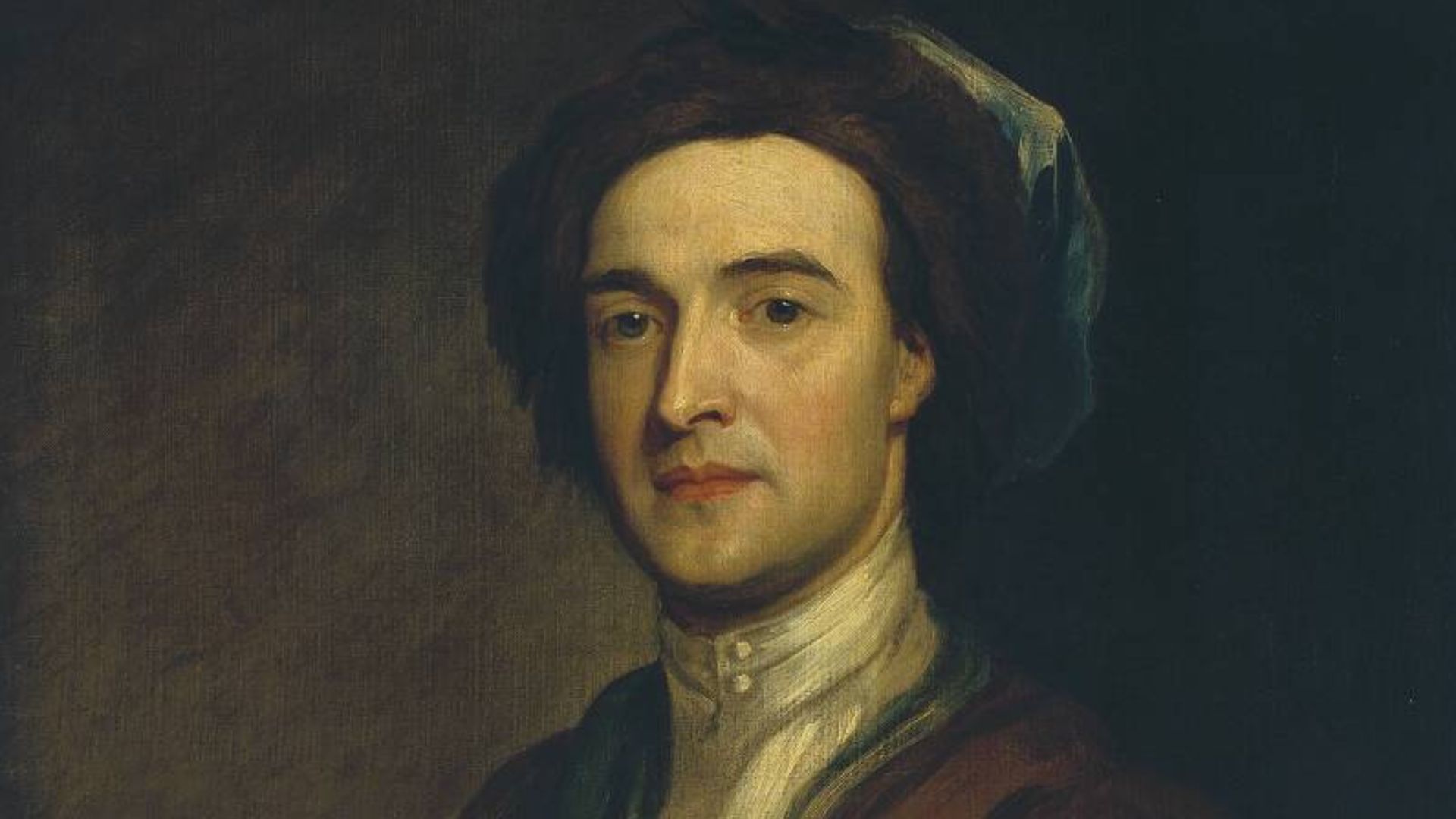Ordinary Name, Extraordinary Legacy
The name “John” has crossed empires and generations, carried by people whose choices altered history’s direction. It’s a name that hides an extraordinary impact behind familiar syllables. Some inspired devotion, others defied power, yet all left unmistakable marks on human progress. Their stories show how one name can leave echoes in every era. So join us as we explore the lasting legacy of the most impactful and famous Johns throughout history.
1. John Locke
Before democracy had a blueprint, John Locke gave it one. His belief that knowledge grows from experience—outlined in An Essay Concerning Human Understanding—shaped modern thinking. That same logic powered Two Treatises of Government, which argued for liberty and a government answerable to the people.
2. John Calvin
Few theologians reshaped faith like John Calvin. From his study came Institutes of the Christian Religion, a work that redefined Protestant belief. His firm leadership in Geneva turned belief into a social structure that spread ideas of discipline and divine order that would ripple through centuries.
3. John Adams
The voice that once urged revolution later echoed through the halls of the new White House. John Adams, a driving force behind the Declaration of Independence, lived to see the nation he imagined thrive. He died on July 4, 1826—exactly fifty years after America’s founding.
4. John Duns Scotus
John Duns Scotus earned the title “Subtle Doctor” for good reason. His intricate ideas on existence and the Immaculate Conception reshaped theology in medieval Europe. Later critics mocked his followers as “dunces,” but centuries on, the Church celebrated him as one of its most brilliant thinkers.
 Justus van Gent / Pedro Berruguete on Wikimedia
Justus van Gent / Pedro Berruguete on Wikimedia
5. John Wesley
Religion felt distant until John Wesley brought it to the streets. His fiery preaching and care for the poor sparked the Methodist movement, marrying faith with compassion. Wesley’s mix of spiritual passion and social conscience still echoes through churches and charities around the world.
6. John Milton
Blindness ended John Milton’s political ambitions but illuminated his imagination. Dictating Paradise Lost by memory and willpower, he gave English literature its defining epic. His words outlasted the turbulent politics he once served and turned personal struggle into one of humanity’s greatest artistic triumphs.
7. John Stuart Mill
Born into brilliance, John Stuart Mill could read Greek before most children could spell. His On Liberty became a touchstone for every generation seeking freedom of thought. Mill’s defense of individuality and equality remains a cornerstone of how modern democracies understand progress.
 George Frederic Watts on Wikimedia
George Frederic Watts on Wikimedia
8. John Wycliffe
When John Wycliffe translated the Bible into English, he gave ordinary people access to divine words once locked behind Latin walls. The Church condemned him even after death, but his ideas lived on—fueling reformers who would later challenge the religious order entirely.
 John M. Kennedy T. on Wikimedia
John M. Kennedy T. on Wikimedia
9. John Of Gaunt
Behind the crown’s glitter, John of Gaunt pulled the strings. A prince, statesman, and patron of Chaucer, he helped shape both politics and poetry. His lineage birthed the House of Lancaster, which helped his power reach far beyond his own lifetime.
 Jean de Wavrin; Seigneur de Forestel on Wikimedia
Jean de Wavrin; Seigneur de Forestel on Wikimedia
10. John Jay
Some leaders shaped America with words, others with laws—John Jay did both. He co-wrote The Federalist Papers and ended the Revolution with the Treaty of Paris. As Chief Justice, he helped define the Supreme Court’s authority. His work laid the legal bones of a young nation.
11. John Cabot
Sailing under England’s flag, John Cabot set course for history in 1497. Born Giovanni Caboto in Italy, he crossed the Atlantic and reached Newfoundland. That voyage quietly opened the door for future British colonies and helped map the earliest outlines of North America’s destiny.
 Myself (Adrian Pingstone). on Wikimedia
Myself (Adrian Pingstone). on Wikimedia
12. John Knox
Chained as a galley slave, John Knox could have faded into obscurity, but he didn’t. Returning to Scotland, he became the fiery voice of the Protestant Reformation, confronting Mary, Queen of Scots, and laying the foundations of Presbyterian faith with unmatched conviction and fearless moral authority.
13. John Quincy Adams
Public service ran deep in John Quincy Adams’s veins. The son of a founding president, he carved his own path—from diplomat to president to tireless congressman. Even after leaving the White House, his seventeen years in Congress proved his devotion to principle over prestige.
 George Peter Alexander Healy on Wikimedia
George Peter Alexander Healy on Wikimedia
14. John Donne
John Donne bridged faith and poetry like few others. Known for lines such as “no man is an island,” he captured the human spirit’s search for meaning. As Dean of St. Paul’s Cathedral, his sermons and verses still speak to souls centuries later.
 After Isaac Oliver on Wikimedia
After Isaac Oliver on Wikimedia
15.John Dee
Advisor to Queen Elizabeth I, John Dee mixed science with mysticism like no one else. His vast library held maps beside alchemy texts, reflecting a mind equally drawn to discovery and the divine. From navigation to numerology, he blurred the lines between reason and magic.
16. John Smith
Without John Smith, Jamestown might never have survived. His leadership, diplomacy, and daring encounters—including the famed rescue by Pocahontas—kept the colony alive. Later, his detailed maps of New England guided explorers and settlers.
17. John Keats
John Keats lived briefly but wrote timelessly. In his twenties, he penned Ode to a Nightingale and Ode on a Grecian Urn, masterpieces born from fragility and imagination. Though illness cut his life short, his words still pulse with beauty today.
18. John Ruskin
John Ruskin saw art as a window into truth. His passion for Gothic design evolved into advocacy for social reform and the natural world. Through his writings, he inspired the Arts and Crafts Movement and showed how beauty and morality share the same canvas.
 John Everett Millais on Wikimedia
John Everett Millais on Wikimedia
19. John Ericsson
When the Union needed a miracle at sea, John Ericsson delivered. The Swedish engineer’s genius gave birth to the USS Monitor, the first ironclad warship. Already famous for inventing the screw propeller, he forever changed naval warfare and became one of America’s most unlikely heroes.
20. John Henry Newman
John Henry Newman turned doubt into devotion. His spiritual journey—from Anglican scholar to Catholic cardinal—culminated in Apologia Pro Vita Sua, a masterpiece of faith and reason. Centuries later, the Church recognized his impact with canonization in 2019, honoring a life defined by conviction and intellectual grace.
KEEP ON READING
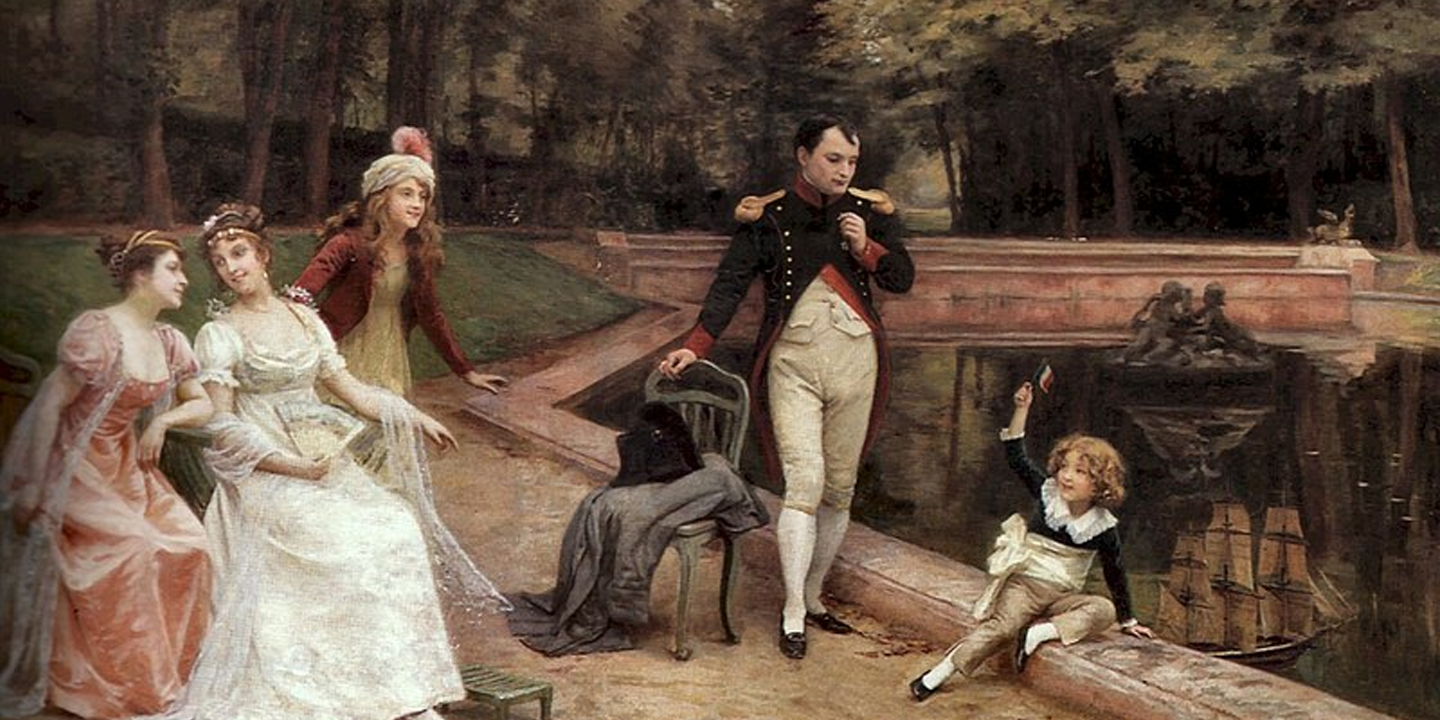
The 20 Most Recognized Historical Figures Of All Time
The Biggest Names In History. Although the Earth has been…
By Cathy Liu Oct 4, 2024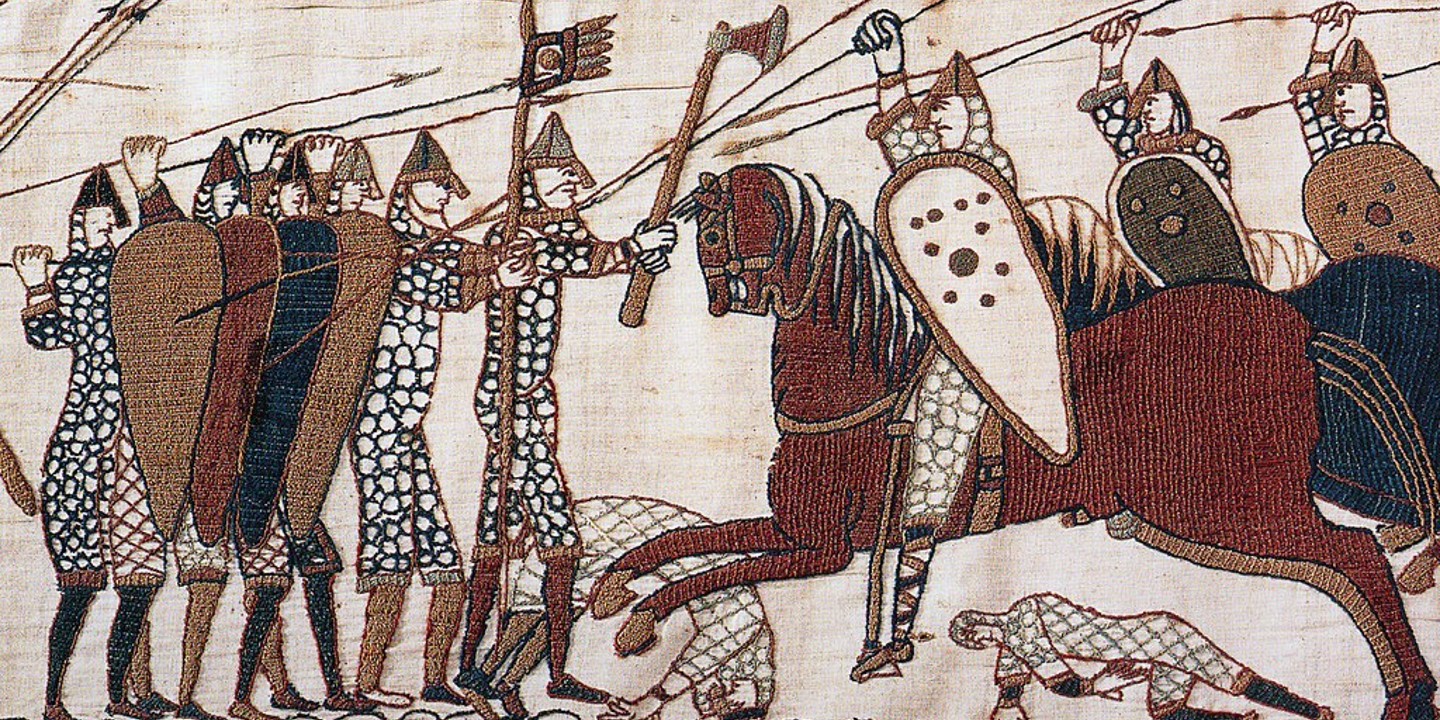
10 of the Shortest Wars in History & 10 of…
Wars: Longest and Shortest. Throughout history, wars have varied dramatically…
By Emilie Richardson-Dupuis Oct 7, 2024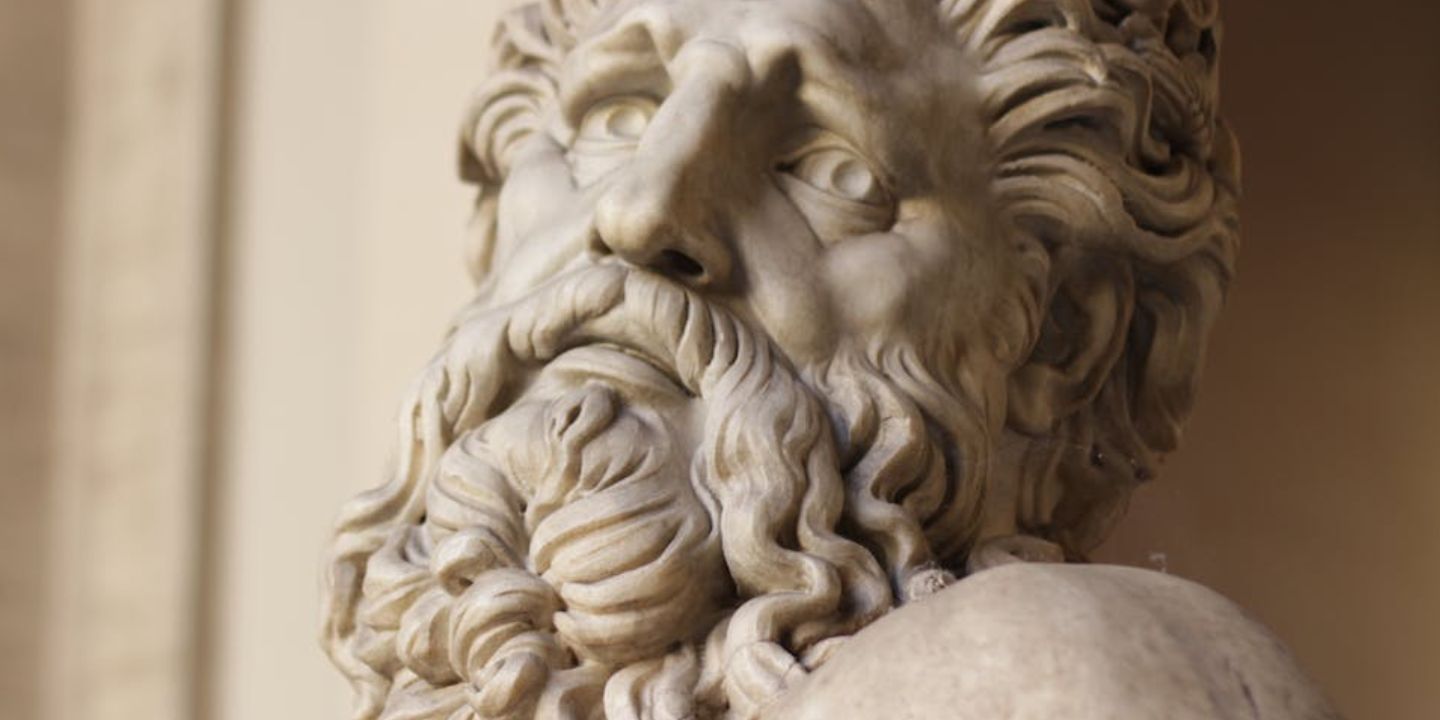
10 Fascinating Facts About Ancient Greece You Can Appreciate &…
Once Upon A Time Lived Some Ancient Weirdos.... Greece is…
By Megan Wickens Oct 7, 2024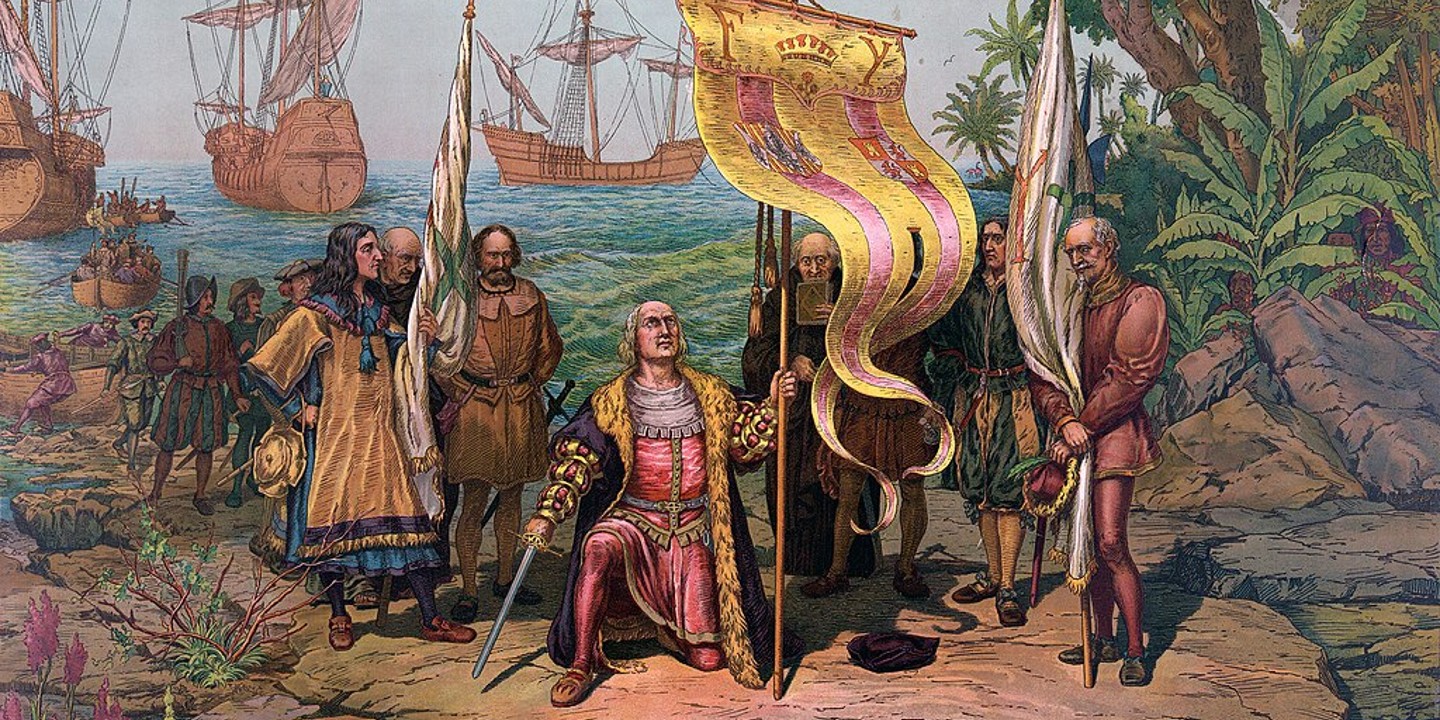
20 Lesser-Known Facts About Christopher Columbus You Don't Learn In…
In 1492, He Sailed The Ocean Blue. Christopher Columbus is…
By Emilie Richardson-Dupuis Oct 9, 2024
20 Historical Landmarks That Have The Craziest Conspiracy Theories
Unsolved Mysteries Of Ancient Places . When there's not enough evidence…
By Megan Wickens Oct 9, 2024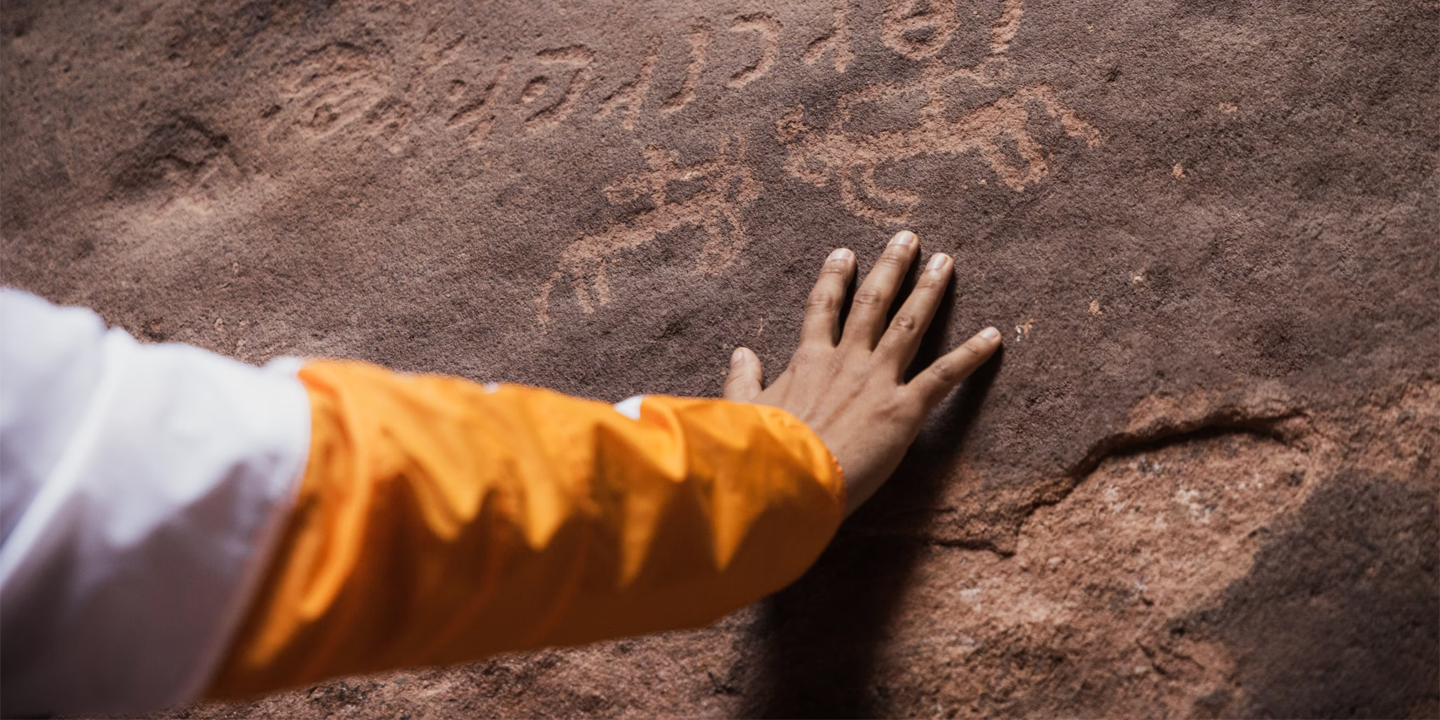
The 20 Craziest Inventions & Discoveries Made During Ancient Times
Crazy Ancient Inventions . While we're busy making big advancements in…
By Cathy Liu Oct 9, 2024

